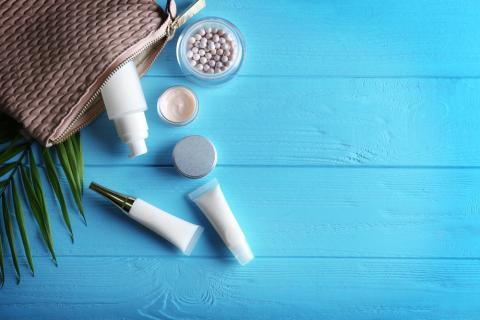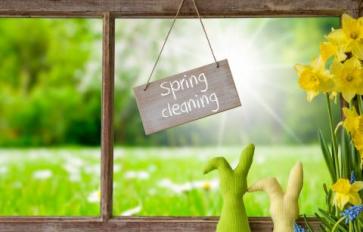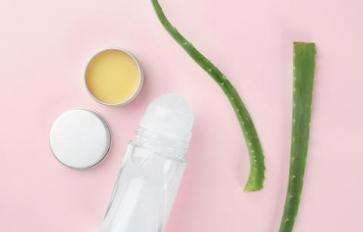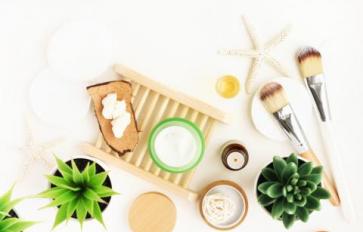
1. Parfum (Fragrance)
Parfum sounds a lot like perfume, and while that may smell like a good thing, it isn’t. That’s because these synthetic fragrances can trigger allergies and asthma, and are even linked to cancer. Not convinced? Check out this article for further studies and references. Just because we don’t want parfum or synthetic fragrances in our shampoo bottles and lotions doesn’t mean we don’t want to smell good, however. Luckily, natural brands avoid the dangerous perfumes and use essential oils to ensure both your skin and your nose are pleasantly satisfied.
2. Sodium Laureth Sulfate (SLS)
Everyone loves the feeling of foaming, bubbly shampoos—but think twice before you slather conventional shampoo on your scalp. Sodium Laureth Sulfates (SLS) are used in a myriad of cleaners and detergents to create that sudsy feeling we enjoy. Some SLSs may contain known carcinogens like ethylene oxide and 1,4-dioxane—both substances that can damage the human nervous system. Forgo the suds and we promise, your hair won’t be any less clean for it.
3. DEA-agents (diethanolamine)
DEA-related agents give the creaminess to your lotions, but that doesn’t mean they’re going on silky smooth under your skin. While DEA is used as a pH adjuster, ensuring that your lotions keep their consistency, studies have shown that DEA causes skin irritations and has direct links to liver cancer and precancerous changes to the skin and thyroid. Avoid this one altogether.
4. Triclosan
Wash your hands before you eat, after you use the bathroom, and especially in public places like schools and airports—except, think twice about what’s in your soap. Triclosan is a preservative and antibacterial agent used in hand sanitizers, cosmetics, and conventional hand soaps. Recent research shows that triclosan causes hormonal disruptions; additionally, the chemical is highly toxic to aquatic organisms like fish and algae. Unfortunately, it’s also a bioaccumulator, which means that it doesn’t degrade in our natural world. If it’s being washed down the drain, it can end up in our oceans. For the health of yourself and the environment, scan your cosmetics for this ingredient.
5. Parabens
Parabens come in many different forms, with names like methylparaben, butylparaben and propylparaben. These preservatives are found in an estimated 75-90% of conventional cosmetic products, and this isn't good news. Parabens have also been shown to disrupt our hormones, in addition to mimicking estrogen. Further studies show links between parabens and an increase in skin aging and DNA damage. Look out for various forms of parabens, and steer clear of these preservatives.








